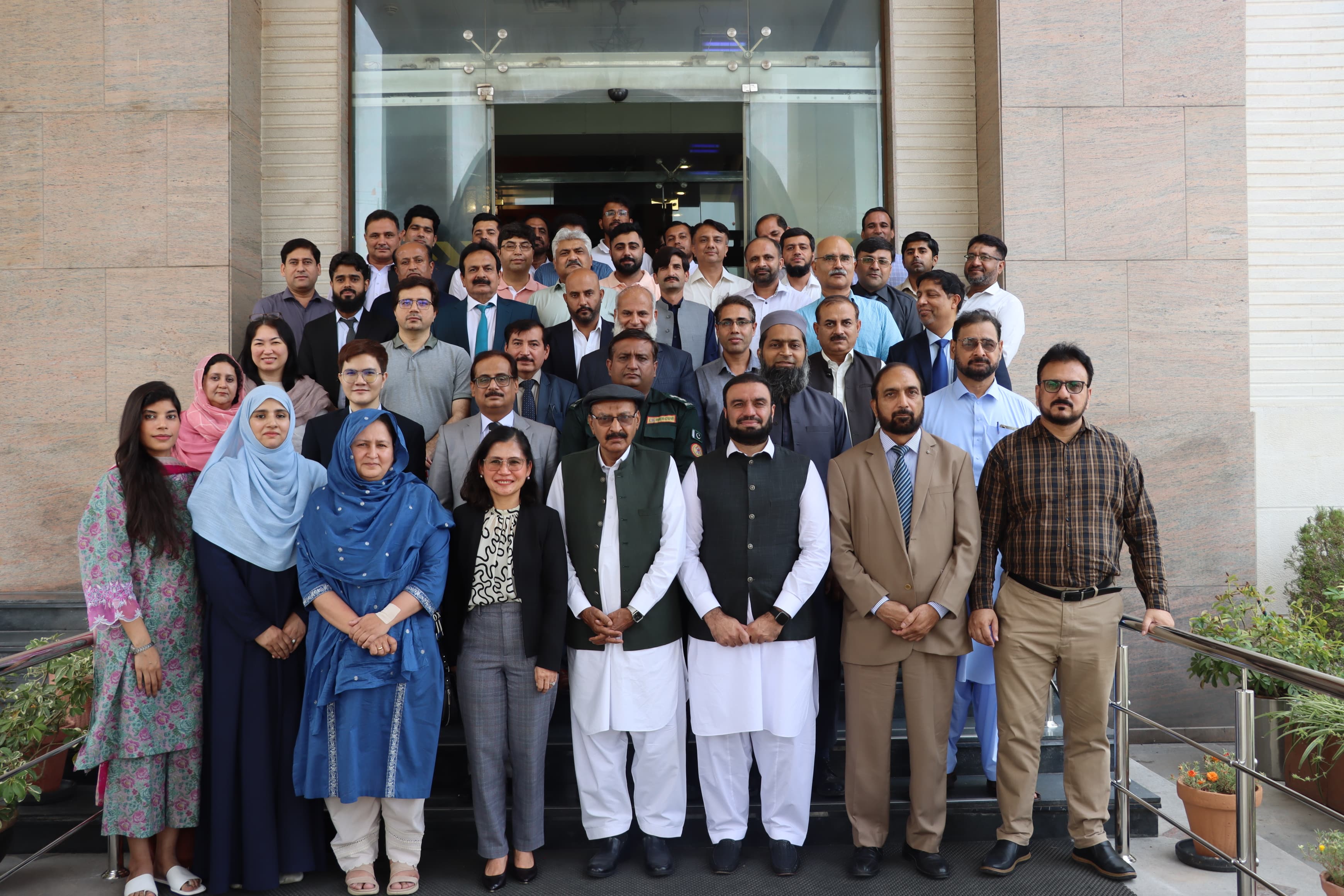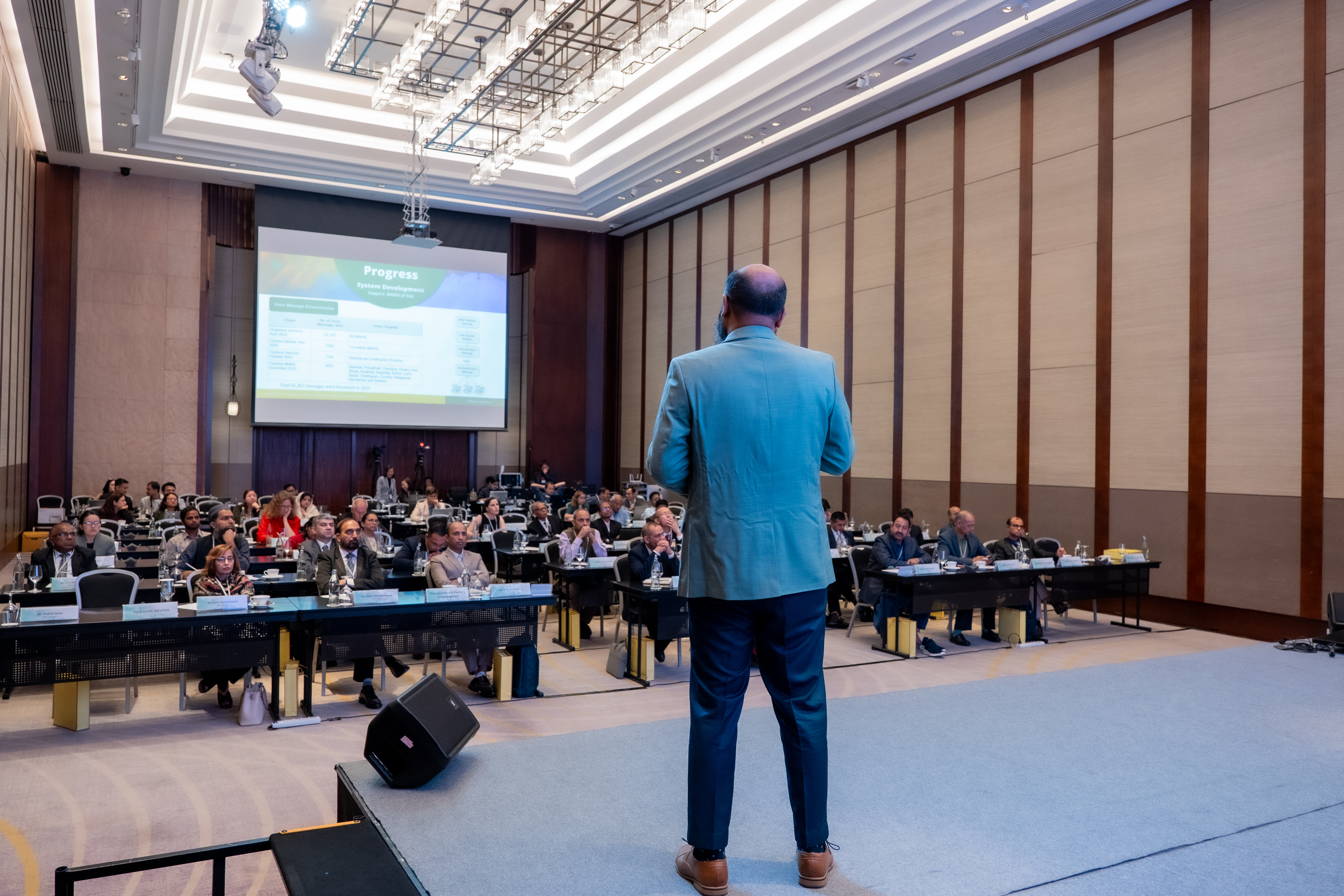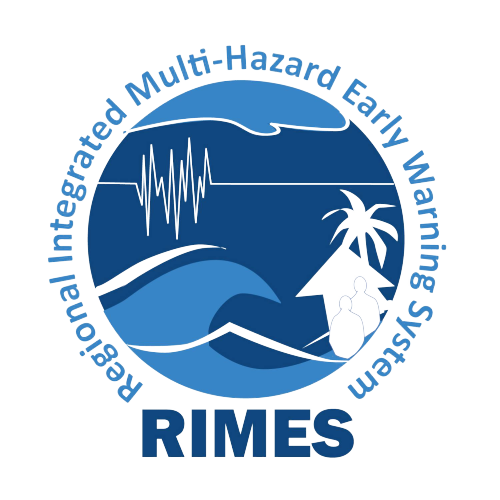About CARE
The Climate Adaptation and Resilience (CARE) for South Asia Project, supported by the World Bank responds to gaps in climate-informed planning and decision making in South Asia.
CARE’s focus is on translating policy into actions, by fostering regional cooperation and knowledge on climate resilience and adaptation, and development of standards and guidelines for facilitating climate-resilient planning and investments.

CARE Component I


CARE Component 1 is implemented by the Regional Integrated Multi-Hazard Early Warning System (RIMES), with a focus on promoting evidence-based climate-smart decision making.
CARE Project Component 1 supports the World Bank’s development objective to create an enabling environment for climate-resilient policies and investments across South Asia through the creation of a regional resilience data and analytics service (RDAS) platform and national decision-support systems (DSSs) for selected sectors, namely: agriculture, water, livestock, road transport, disaster risk management, and planning and development in focus countries: Bangladesh, Nepal, and Pakistan.
Component 1 also includes interventions for National Meteorological and Hydrological Services (NMHSs), to better respond to users’ requirements, and capacity development of users to apply climate/weather information to plans and decisions. Through support for the South Asia Hydromet Forum, CARE Component 1 uses a holistic approach to user-centric generation and the application of climate information in plans and decisions.
CARE Component II


CARE Component II is implemented by the Asian Disaster Preparedness Center (ADPC), focused on enhancing policies, standards, and capacities for climate-resilient development in South Asia.
CARE Project Component II promotes the transformation of policies and institutional capacities for climate-resilient development in agriculture, transport, integrated water resources management, policy & planning, and finance in South Asia.
ADPC will facilitate high-level dialogues, develop climate-resilient guidelines in the priority sectors, and promote innovation and adoption of disruptive technology at national and regional levels.
Anchored in building on the governments’ plans, the project will facilitate national institutions to meet commitments under the various global frameworks, such as the Paris Agreement on Climate Change and the 2030 Agenda for Sustainable Development.



